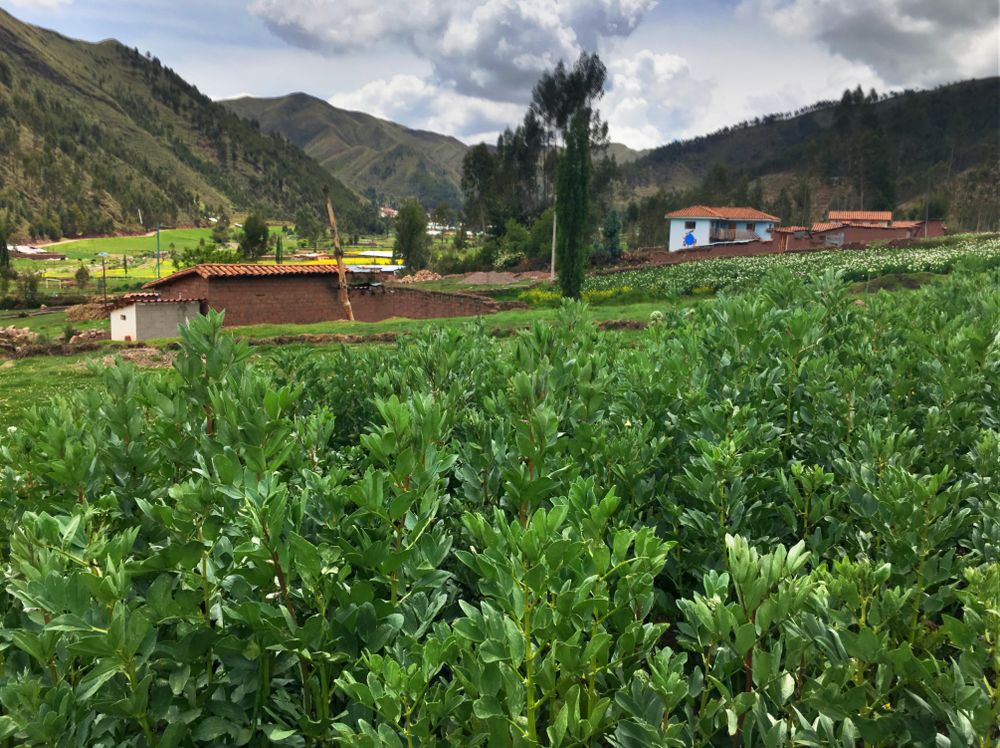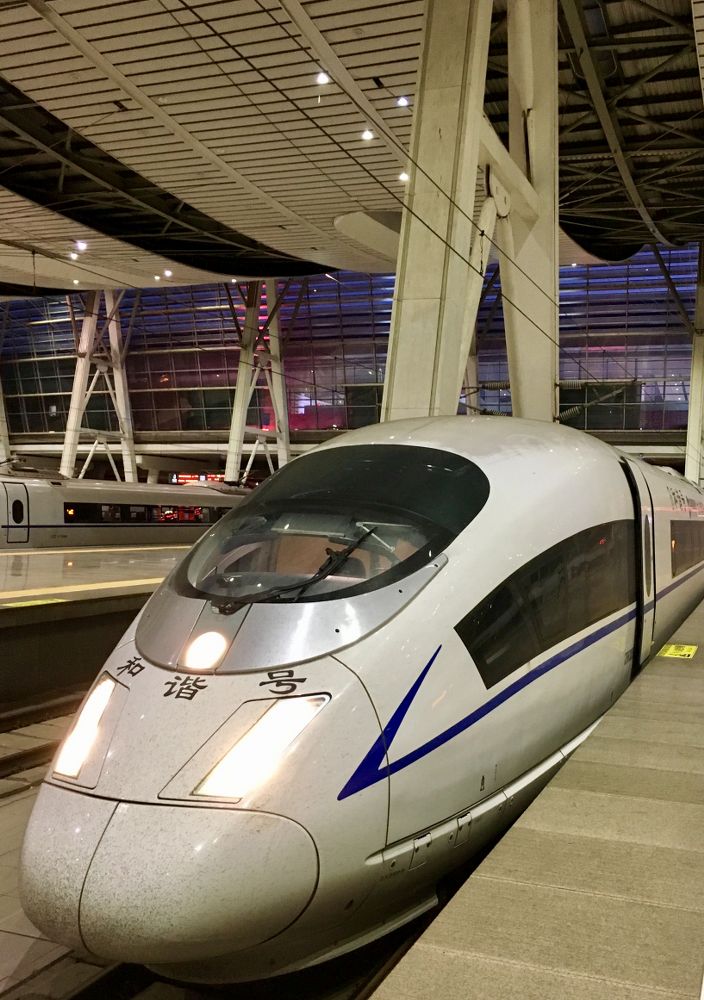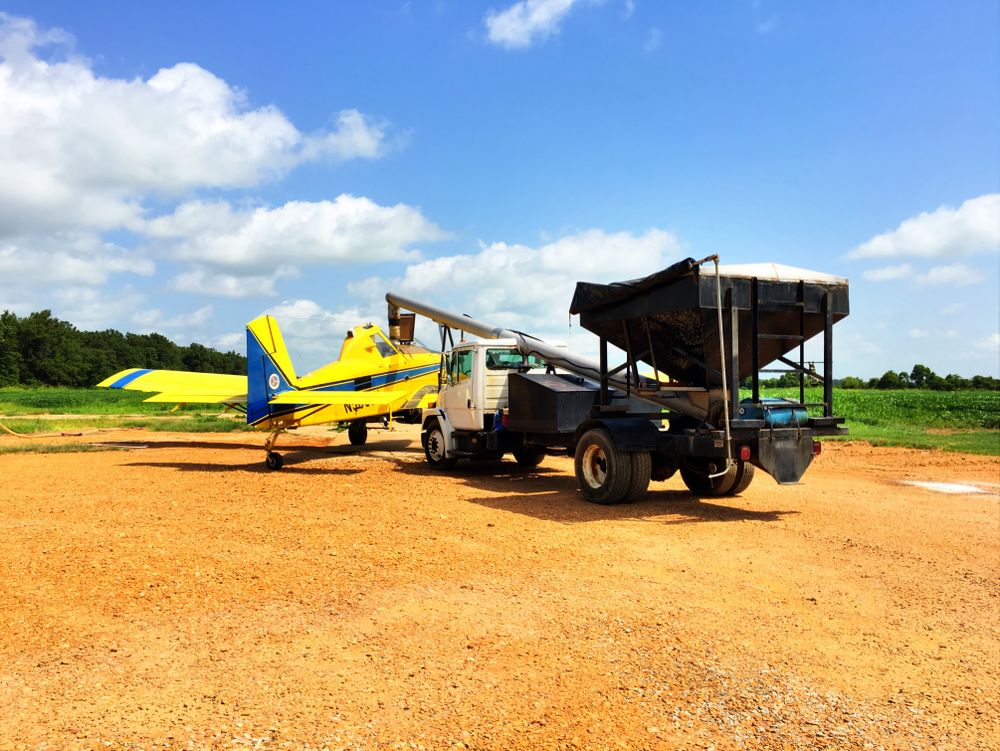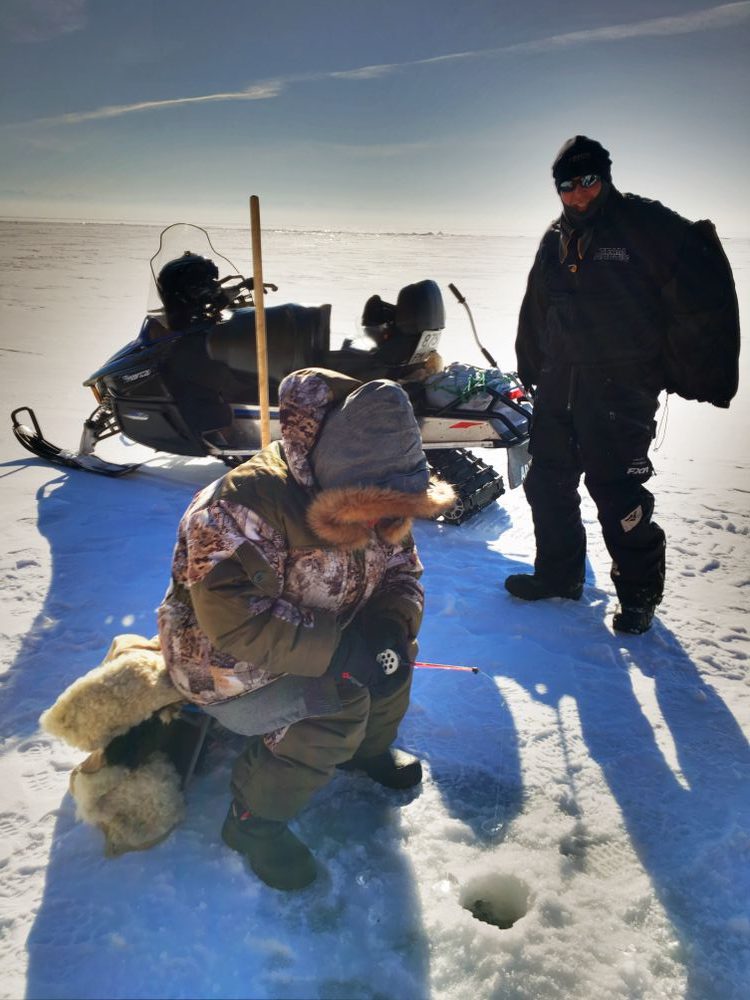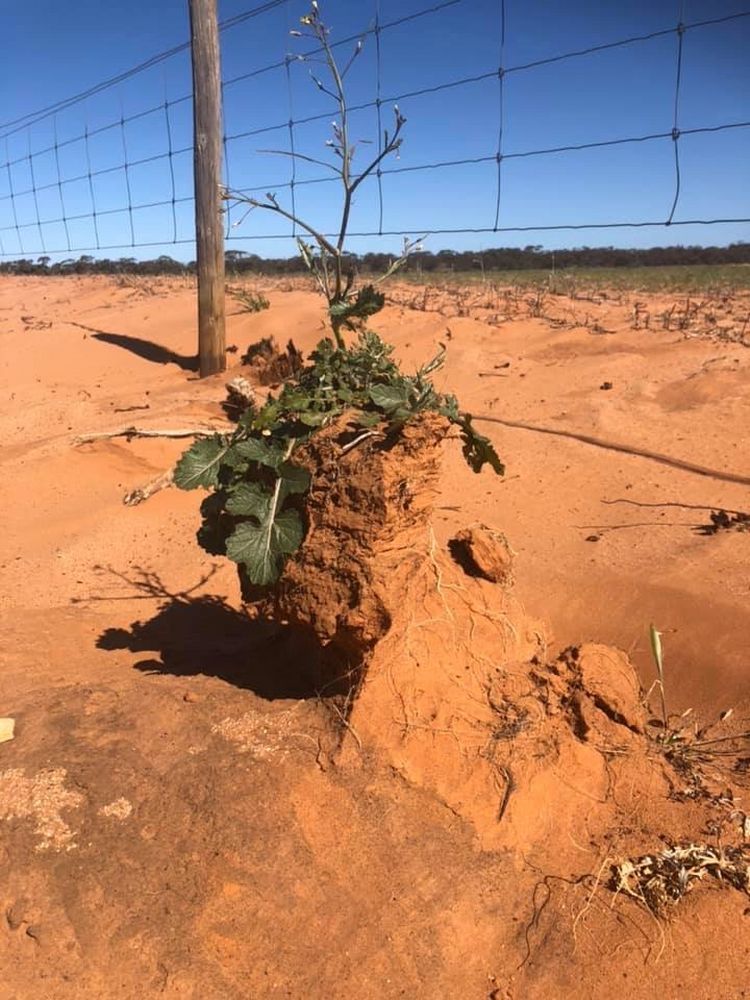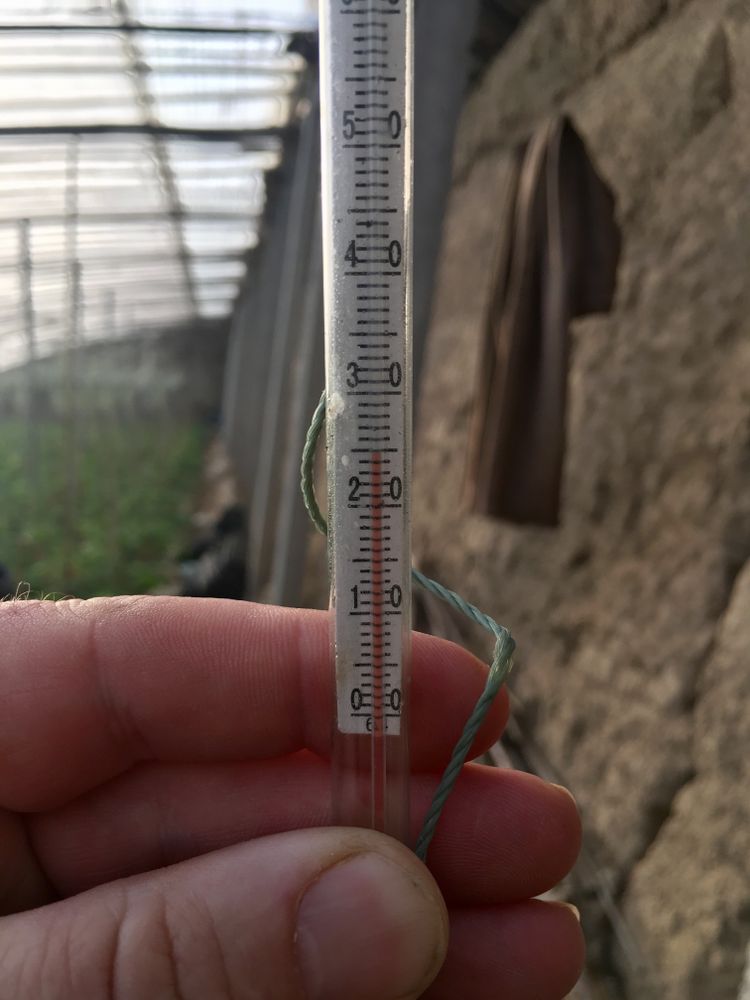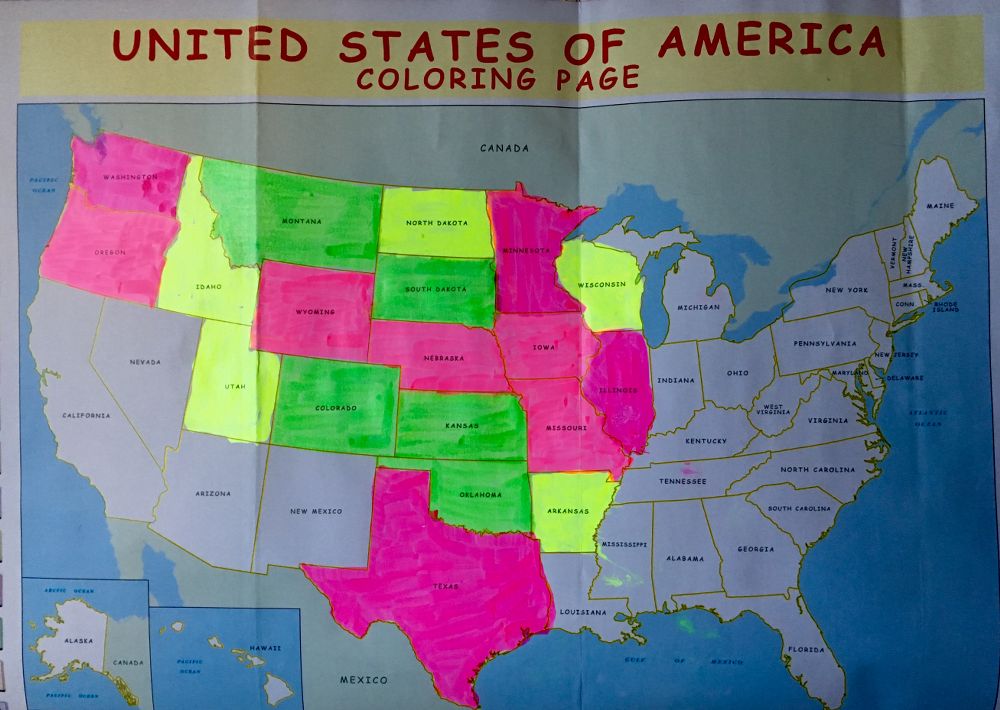Nuffield Scholarship
I mention many times my ‘Nuffield’ (scholarship) and thought it might be worth explaining what one is and why I was so fortunate to be awarded and make the most of it.
To understand the history of the Nuffield Farming Scholarship, I will leave to the organisation itself to explain what it is and a brief history.
http://www.nuffieldscholar.org
The Nuffield name and emblem, a bull riding a bicycle, both derive from the late Lord Nuffield. Born in 1877, near Worcester, William Morris was a grandson of a farmer. His journey began when he lived and worked in Oxford. He started by repairing Oxford graduates’ bicycles, then he progressed to making his own newer models. Inspired by the success of this business and embracing the developments being made in motoring technology, he then set up a motor car business. This business arose from a desire to produce something better than the early cars brought to him for repair Wealthy Oxford students.
Morris realised at an early stage in his businesses development that he should seek best practice in this new industry. He travelled to the emerging motor capital of Detroit to understand how the Americans were able to produce reliable cars that could undercut the price of those produced at that time in Britain. He successfully took on Henry Ford with a new car, the Morris Cowley, mass produced on American principles. Morris continued to travel, seeking new ideas and markets. Recognising the value of travel and study, he also sent his key employees out into the world to develop themselves and introduce new concepts to his business.
Financial success brought William Morris social recognition; he was a chronic hypochondriac and conscious of his lack of education, eager to support the research of eminent physicians and gave generously to Oxford University, whose graduates had first brought him cycles and cars to mend. As a leading industrialist and philanthropist, he was ennobled as Lord Nuffield. It is estimated that during his lifetime he was able to give away more than £30,000,000.
The Nuffield Foundation
In 1943, he established the Nuffield Foundation for “the advancement of health and social well-being and the care and comfort of the aged poor”. By 1947, encouraged by Jack Maclean, Vice President of the NFU, these objectives had been widened to include agricultural advancement.
The First Scholars
The Trustees chose their first Nuffield Farming Scholars – Jane Kenyon, John Rowsell and Edward Stokes – briefing them to search out and bring back to farmers in the UK details of good and innovative agricultural husbandry, from different parts of the globe.
By 1956, the number of Scholars had increased to eight each year. Maclean was told that the farming industry should now fund the Scheme itself, since the concept was clearly successful. A fund was set up under the control of the Foundation and Scholars were selected as before.
The New Trust
In 1968, the Foundation said it could no longer administer the Scholarships. A new Trust was formed, “The UK Farming Scholarships Trust” with Jack Maclean as Chairman and John Stewart as Secretary. A modest grant was still received from the Foundation. Money was raised and special awards offered.
In 1978 the Trust changed its name to “The Nuffield Farming Scholarships Trust” to recognise and honour its illustrious benefactor. Subsequently, the Trust has become a separate body, independent of the Nuffield Foundation and is registered as a company limited by guarantee and a registered charity, following its incorporation in July 2003.
A Global Scheme
In 1950, the Nuffield Foundation started a parallel scheme covering farmers from Australia, New Zealand, Canada, Kenya, the Rhodesia’s and Tanganyika. These Scholars came to Britain for a study period of six months. In 1976, the Foundation asked those countries still in the scheme to fund their own awards. France joined the scheme in 1982 with the Republic of Ireland welcomed in 1998.
The Winter Conference
The Nuffield Scholars Association held its first Winter Conference, now an annual event, in 1972. In the late ’70s, HRH the Duke of Gloucester agreed to become Patron, a position he holds to this day.
Nuffield Today
To date 854 Scholars from the UK and some 1666 Scholars worldwide have benefited from Jack Maclean’s proposal to Nuffield and his Foundation, that scholarships should encourage the advancement of agriculture.
My Nuffield Scholarship
I was fortunate to get through the application process and then the infamous interview panel and offered a scholarship for the 2016 year group.
I was presented my Nuffield Tie in Belfast on the 25th November 2015 at the annual winter conference that changes venue throughout the UK each year.
Nuffield UK then host a pre-CSC (Contemporary scholars conference) at the farmers club in London, where the UK year group got to know one another and had various presentations from different areas of the farming industry.
It was then off to Cavan in Ireland for the actual CSC where all appointed scholars from across the world spend an incredibly intensive week together based around a rigorous schedule of lectures from all aspects of the world of agriculture, mental health and various other challenging topics.
The door is then opened to allow you to travel wherever you require in the world (grant paid by the Nuffield foundation through generous sponsorship, mine was sponsored by the AHDB and Three counties agricultural society)
Quite possibly the trickiest thing is to arrange appointments and meetings in another country that keep your diary busy enough to make sure you are guaranteed to learn something, but open enough that leads gained when there can be followed up (interestingly enough, it was these leads that generally were the most interesting)
Obviously pulling myself away from my family following the tragedy of Jobe was one of the hardest things, but on 28th June 2016 I arrived in Minot North Dakota – I had 2 choices, make the most of the opportunity that had presented itself for the next 6 weeks or wish I was at home, thankfully I chose to make the most of the opportunity and absolutely loved it, visiting 19 states over 6 weeks driving over 8000 miles and meeting the most fascinating people and seeing some of the most amazing sights too!
The next planned trip was to South Africa, incredible experience yet again, planning experience from the USA helped as well as contacts and of course you can’t go to South Africa without going on safari, fortunately the incredible Madikwe safari was organised for me where my family and the Richardson-Walls flew out to spend that time with me, another inspiring trip.
South America occurred in December 2016 where I visited Brazil, Uruguay, Paraguay, Argentina, Chile and Peru – all fascinating from an agricultural view point and equally fascinating culture and tourism, highlights for me was attending River Plate v Boca Juniors (The Superclásico) The Brazilian Amazon but probably more impressive the Pantanal, the worlds largest privately owned arable farm Grupo Bom Futuro (460 000Ha) the Nazca lines (despite the pilot having some sort of kamikaze licence) Machu Picchu and some of the oldest agricultural research stations still in operation on planet earth.
The final set of travels was the big one! A year in the planning and sorting visas and itineraries and getting international clearances! The very idea of taking a train from our nearest train station in Ledbury and training it right to the Southern tip of China (Nanning) The flying through Singapore to Western Australia before touring the whole of the Australian production areas.
Travelling through Belarus, Russia, Mongolia and China took a huge amount of planning made much easier by the company https://realrussia.co.uk/ who are truly fantastic at sorting everything from visas to hotels, tours and even cash in Mongolia as you can’t get Mongolian currency outside Mongolia!
All of this whilst taking my 70-year-old Mother with me! There are endless amounts of highlights, but I guess the photograph of my mum, ice fishing in lake Baikal in the middle of the Siberian winter with a wind chill of -65 degrees is something I’ll never forget. China was another awesome experience and once let into the country is truly fascinating beyond explanation.
Whilst Nuffield is not a holiday, it is an experience that shouldn’t be missed and therefore to make the absolute most of (after all weekends and public holidays might be free for personal time) prior planning means you will be able to do both the hard work and enjoyment of the culture of the countries you get to visit. For this reason, I made a Nuffield #notaholiday video of all of the wonderful things I did around the world in the 21 weeks of travel I was able to do. This was made easier by the support of an amazing family, especially Helen.
